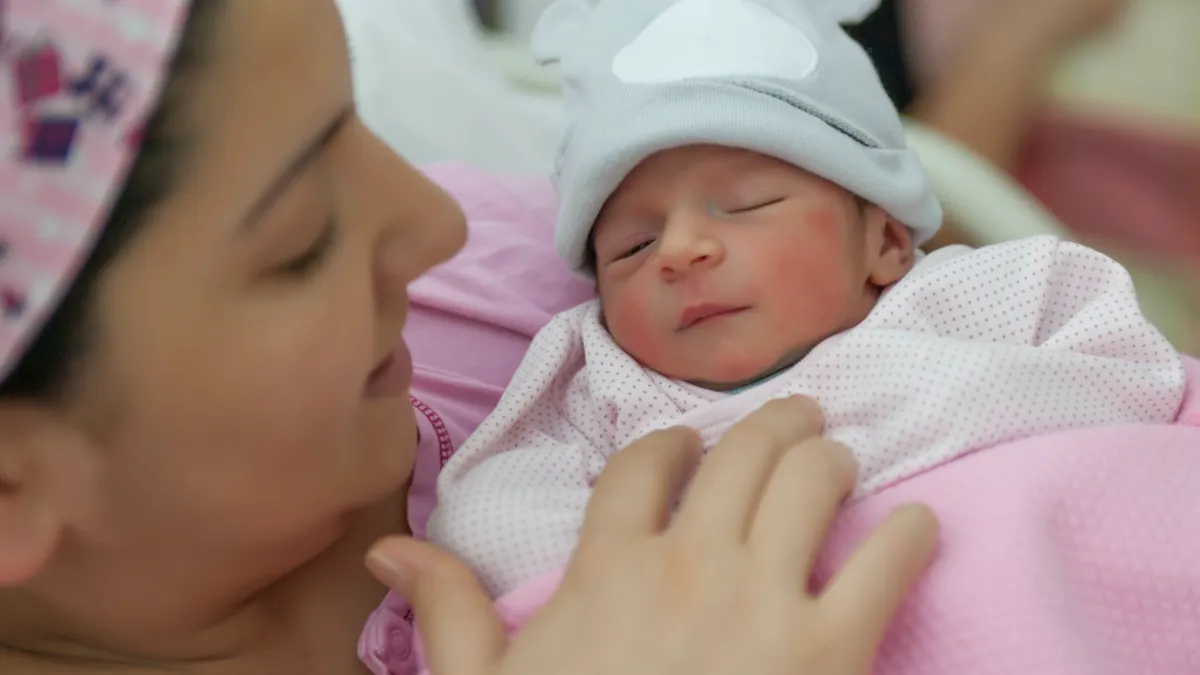Dive Brief:
- The New Jersey Division on Civil Rights will pursue the discrimination claims of a former marketing director before an administrative law judge, New Jersey Attorney General Gurbir Grewal announced Aug. 20.
- The worker claimed that home goods manufacturer and importer VCNY Home of North Bergen denied her rights under the New Jersey Family Leave Act and retaliated against her. When she told her employer she planned to take time off under the federal Family and Medical Leave Act (FMLA) to recover from giving birth and then take an additional 12 weeks of leave under New Jersey's statute to care for her newborn, VCNY Home sent her a letter stating that FMLA leave and state family leave run concurrently, she alleged.
- When she returned to work, the employer allegedly retaliated against her by excluding her from projects and meetings she has previously been part of. The company fired her after she refused to take a two-week international business trip, "an essential function of [the] job," it said.
Dive Insight:
The New Jersey Attorney General's office disputes the employer's interpretation that FMLA and state family leave must be used concurrently. "Under the law," the office wrote in a statement, "an employee who gives birth does not exhaust her New Jersey Family Leave Act time by first taking federal FMLA time to physically recover from childbirth."
"Employers should make certain they understand family leave protections under both state and federal law," Grewal said.
It is possible for different types of leave to overlap, however. The U.S. Department of Labor wrote in a March 2019 opinion letter that neither employers nor employees can decline to designate FMLA-qualifying leave as such. When an employee needs to go on leave for an FMLA-qualifying reason, the leave must count toward the employee's FMLA allotment. The employee could not, for instance, take employer-provided sick leave or use up vacation time first; the FMLA leave must run concurrently.
Generally speaking, employers should be aware that state and local laws may provide greater protections for employees and applicants than their federal counterparts. For example, the Fair Labor Standards Act requires that employers provide non-exempt nursing mothers a place to express breast milk that is private and free from intrusions for up to one year after the baby's birth. But California state law requires all employers provide all breastfeeding employees (not just hourly ones) with the time and space to pump.












